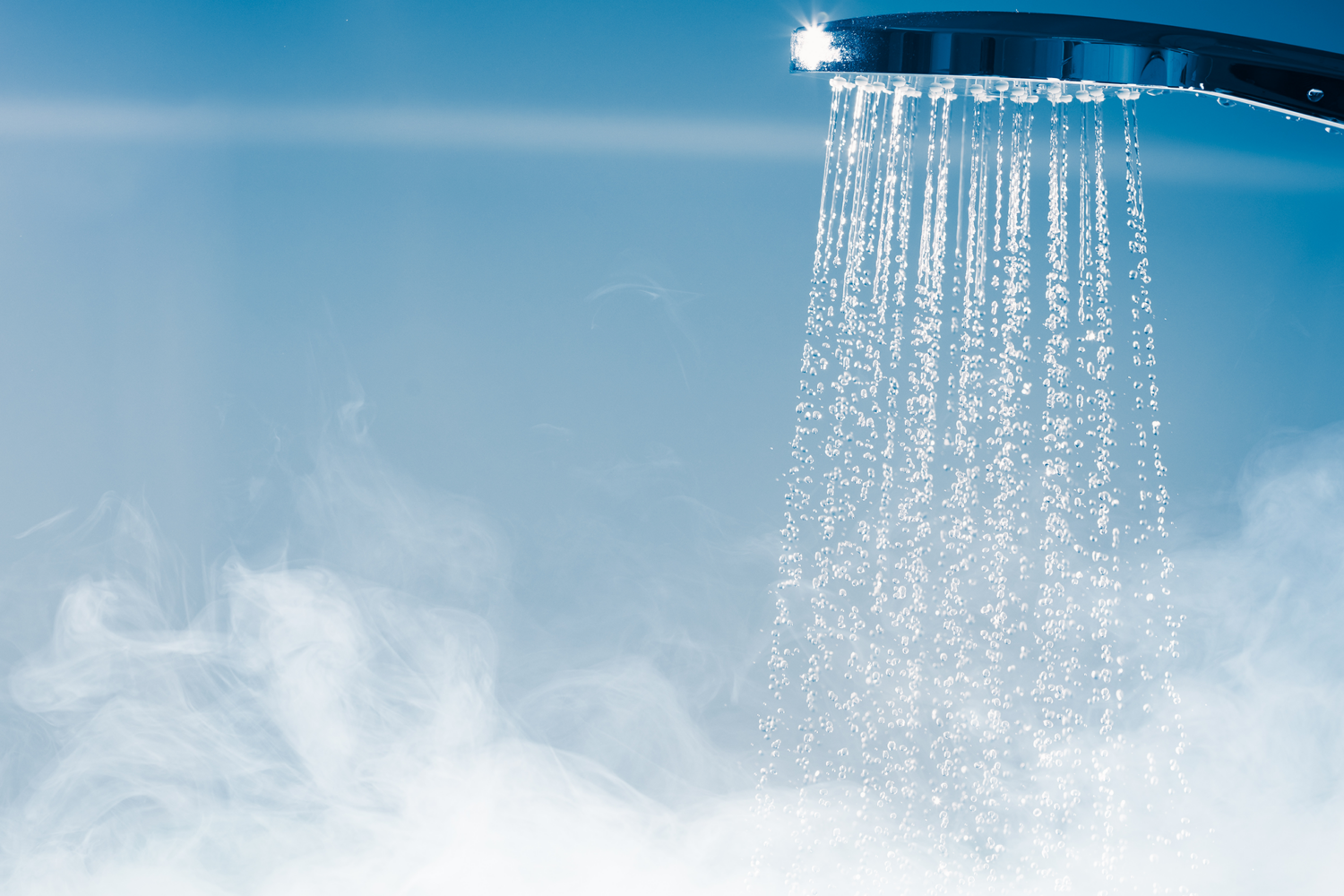In addition to HVAC systems, Envirotech installs and services tanked, tankless and hybrid water heaters. After all, “comfort solutions” is in our name, and having hot water is certainly a comfort.
If you’re upgrading or replacing your water heater, you want the perfect one for your home, usage and budget. However, water heaters aren’t as easy to choose as they used to be since there are more options available today. Some of the questions our water heater experts get most often are about how tanked and tankless versions work, are tankless water heaters worth the extra cost compared to tanked ones, and if a hybrid water heater is a good compromise between the two.
What’s the Difference Between How Tanked and Tankless Water Heaters Work?
Tanked water heaters are what comes to mind when homeowners think of a hot water heater because they are the most common. Tanked water heaters store hot water in a tank for later use. These tanks can hold anywhere from 20 to 100 gallons of water, but Envirotech’s water heater installers usually install water heaters that store 40 or 50 gallons of water at a time. They use either electricity or gas to heat and keep the stored water hot.
Is a tanked water heater the best choice for your home? Tanked is usually less expensive to purchase and install than tankless water heaters. But, there are drawbacks to tanked water heaters:
- They constantly use electricity or gas to heat and keep the water at the set temperature.
- If all the stored hot water is used, you’re stuck with cold water until the water heater has time to heat more.
Are Tankless Water Heaters Worth the Extra Cost Compared to Tanked Ones?
Tankless water heaters heat water as it passes through the unit, so there is no waiting for water to heat up and there is no wasting gas or electricity keeping water hot when you’re not using it. So, tankless water heaters are more energy-efficient than tanked water heaters, as they only heat water when needed. Think of it as hot water on demand. They are also smaller and take up less space in your home, making them a great option for those with limited space.
Is a Hybrid Water Heater a Good Compromise Between the Two?
The hybrid water heater is vented to the outside using PVC pipe as opposed to the metal piping that is required with a tanked water heater. We no longer have to relocate the water heater on an exterior wall. We can leave the hybrid version in the current tanked water heater location, which helps save on installation and also avoids some of the time you spend waiting for the water to get hot at your faucets.
If you’re having a hard time deciding between installing a tanked, tankless or hybrid water heater, here are five things our experts say to consider:
- Size of your household: For smaller families, a tanked water heater is usually sufficient to ensure cold showers aren’t the norm. But, for larger families, running out of hot water can become a problem, especially for the ones who get stuck showering last. On the other hand, if you have a large family or frequently have guests staying over, a tankless water heater may be a better option for you, since you’re not limited to how much hot water is left in the tank. Basically, the size of your water heater will depend on the size of your household and your hot water usage. A general rule of thumb is to choose a water heater with a capacity of 10-15 gallons per person in your household. Have a four-person household, install a 40-gallon tanked water heater at minimum.
- Upfront cost: Tanked water heaters are generally less expensive to purchase and install than tankless water heaters. However, tankless water heaters can last longer than tanked water heaters, which may make them a better long-term investment. Our experts ask customers whether they intend to stay in their homes long enough to recoup the cost. If so, tankless can be a good investment.
- Maintenance: Tanked water heaters require more maintenance than tankless water heaters, as they need to be flushed regularly to remove sediment buildup. Tankless water heaters require less maintenance, but may need to be descaled periodically to remove mineral buildup.
- Fuel type: Consider the fuel type that is easily accessible. Unless you really want a gas water heater, there is usually no reason to incur the cost of running a gas line to the water heater if one doesn’t already exist there.
- Placement: If the place where your water heater needs to be relocated, a hybrid water heater can be a cost-effective choice, since it can be installed where your old one was located.
When it comes to water heater installation, it’s important to hire a professional water heater technician to ensure that the installation is done correctly and safely. Improper installation can lead to leaks, gas leaks, or even carbon monoxide poisoning.
Envirotech has years of experience in water heater installation and can help you choose the best water heater for your home. Contact us today to schedule a consultation and let us help you make the right choice for your family’s hot water needs.

